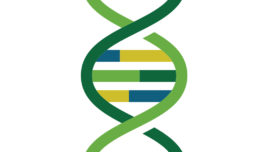Career Interview: Evadnie Rampersaud, PhD, MSPH
ASHG: What non-academic skills would you encourage trainees to develop to prepare for successfully running a lab? What specific skills have proved invaluable for you? Dr. Rampersaud: Key to the success of any scientist, whether in academia or industry, will be the ability to interact both scientifically and socially with peers. Often times, ideas are vetted... Read More

